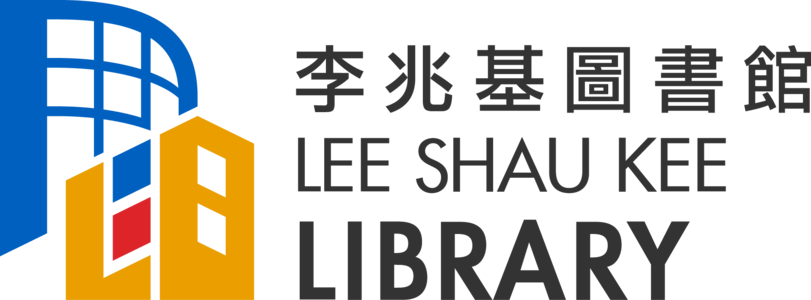Vision
The Library aspires to be a dynamic hub for learning and research, a source of inspiration, and a dependable partner for knowledge exchange and preservation.
Mission
- To foster learning, teaching, and research at HKUST
- To stimulate intellectual growth and whole-person development
- To contribute to knowledge creation, preservation, and exchange
Strategic Priorities 2023-2028
This set of Strategic Priorities was built collectively by HKUST library staff over a few months in Spring 2023. With alignment with the University’s Strategic Plan 2021-2028, it gives directions for the Library to prioritize effort, to develop initiatives and projects with action plans, timelines, and measures of success. It consists of 22 Priorities in 5 broad areas:
1. Collections, Information Discovery and Access
1.1 Develop collections that are responsive to emerging strategic areas of the University.
1.2 Stay abreast of evolving scholarly communication; take proactive actions to manage the impact of Open Science on collection strategies.
1.3 Facilitate discoverability of, and access to, library collections of both electronic and physical formats, using new technology and metadata practices.
|
1.4 Connect users to information resources in other libraries via interlibrary collaboration, referrals, and other means.
1.5 Promote unique collections in HKUST, exemplified by the University Archives and special collections; facilitate their use for teaching, research, and outreach. |
2. Student Success, Whole-Person Development, Life-Long Learning
2.1 Enhance learning environment with well-maintained space and facilities; optimize space to accommodate users’ diverse needs and habits.
2.2 Foster online learning with electronic course materials, open education resources (OER), conducive physical space, and tools and services that help students navigate resources for learning on digital platforms. |
2.3 Cultivate information competence; expand information literacy programs to encompass new components including data literacy, digital literacy, and AI literacy.
2.4 Inspire curiosity and multiple perspectives; create space and programs that facilitate serendipity and expose students to new knowledge and new viewpoints.
2.5 Enhance experiential learning of student helpers in their work at the Library. |
3. Research, Knowledge Transfer, Digital Scholarship
3.1 Contribute to research output management and research assessment; provide infrastructure and services for archiving output; contribute to assessment exercise.
3.2 Support research workflow; help researchers stay informed about trends, tools, and resources; assist in workflow such as Open Access publishing and research data management. |
3.3 Plan digital strategies to enable new tools and services supporting digital scholarship and knowledge preservation.
3.4 Showcase HKUST innovation and knowledge transfer; contribute to visibility of HKUST research and researchers; highlight research applications and successful knowledge transfer stories. |
4. Community Engagement, Library Experience
4.1 Keep up user-friendly space and services in both physical and virtual presence.
4.2 Explore digital services for the community to experience the Library via innovative technologies.
4.3 Converse with users via multiple channels including social media; listen to users’ feedback and preferences through studies, surveys, and more. |
4.4 Participate in HKUST community endeavors; coordinate and collaborate with campus partners to organize programs around key themes of interest, such as DEI (diversity, equity, inclusion), sustainability, and empathy.
4.5 Help building HKUST brand locally and globally; assist in the University’s efforts in alumni relations and student recruitment. |
5. Library as Organization
5.1 Empower library staff; create and maintain a knowledgeable and resilient library workforce; encourage a proactive work attitude; cultivate an open culture, prepare for smooth succession planning. |
5.2 Update work processes and staff profile in order to move forward as a knowledge-based and data-driven organization; explore using technologies, such as AI and ML, to accomplish tasks with efficiency.
5.3 Collaborate with HKUST(GZ); establish cooperative mode with Guangzhou campus library team for mutual support. |
Go Back to page Top
last modified 14 July 2023

